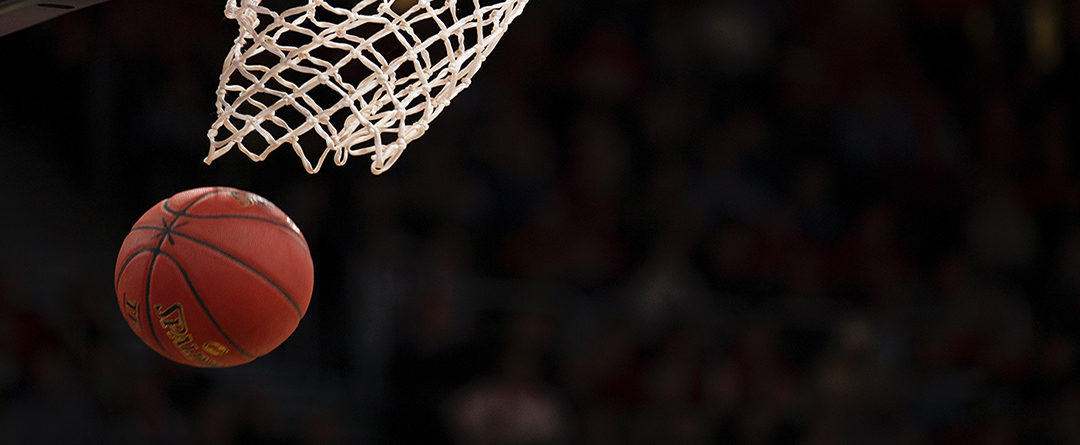by Susan Schneider
When the list of high school basketball players who made the varsity team was posted, Michael’s name was not on it. Instead, the promising sophomore was encouraged to join the junior varsity team. The fifteen-year-old went home and cried. He threatened to quit the sport altogether, but his mother encouraged him to make the best of the situation and excel on the junior varsity team. He did.
This does not sound like a remarkable story unless you know that the teenage Michael who didn’t make the top team was Michael Jordan—one of the most celebrated basketball players ever to play the sport.
Jordan is philosophical about failure. In a terrific Air Jordan commercial from 2006, he solemnly observes, “I’ve missed more than 9,000 shots in my career. I’ve lost almost 300 games. Twenty-six times, I’ve been trusted to take the game-winning shot and missed. I’ve failed over and over and over again in my life. And that is why I succeed.”
In an article in CSQ Magazine, author Jeff Stibel shares this reflection about Jordan from a high school rival: “Player Kenny Gattison, who led his team to beat Jordan’s team for the high school state championship, put it this way: ‘You got to understand what fuels that guy, what makes him great. For most people the pain of loss is temporary. [Jordan] took that loss and held on to it. It’s a part of what made him.’”
Decades later, Michael Jordan purchased the financially struggling NBA basketball franchise, the Charlotte Bobcats. At the time they were pretty awful. Unfortunately, with Jordan at the helm, they got worse. Stibel notes, “In the 2011-2012 season, the team earned a mere 7 wins alongside 59 losses – the worst record of any team ever in the history of the NBA.” (Stibel, ibid). Jordan’s response to his public humiliation was not to sell the team and move on to other projects (he’d already had a brief and disastrous stint playing minor league baseball) but to recognize his role in the problems and to make significant changes.
Jordan hired a new coach. Perhaps more significantly, he also agreed to step back from his management role. He bravely acknowledged the ways his leadership had contributed to the team’s failure, and humbly took action. His choice to leave management (not his gift) and to focus his considerable talent on revitalizing the franchise paid off. Jordan and the team began to create a new identity, deliberately partnering with local communities and projects in the city as well as training in new ways.
Everyone’s ideas about this team began to shift. With a new coach and a new name—the Charlotte Hornets—the team not only finished the 2013-2014 season with a winning record of 43-39 but also made it to the playoffs.
Most of us don’t rise or fall on such a public stage, but even secret failures can knock us to our knees. Most of us can probably relate to the disappointment of not making a team or a business misstep that resulted in problematic consequences.
 The question is not whether or not we fail, but how do we recover? Are we able to harbor the losses and grow stronger because of them, or do we break under the weight of defeat? Can we learn from our mistakes and renew our efforts to succeed? And—perhaps most importantly—why do we forgive athletes so readily and often for their mistakes but resist forgiving ourselves?
The question is not whether or not we fail, but how do we recover? Are we able to harbor the losses and grow stronger because of them, or do we break under the weight of defeat? Can we learn from our mistakes and renew our efforts to succeed? And—perhaps most importantly—why do we forgive athletes so readily and often for their mistakes but resist forgiving ourselves?
St. Paul is famous for struggling with some sort of flaw that he called a “thorn in his flesh” (the exact nature of the trouble is never made clear). Whatever it was, Paul felt that the “thorn” made him appear foolish in public and hampered his ability to do God’s work effectively. He took his concerns to God, begging at least three times that his painful situation be remedied. He records God making this response: “‘My grace is sufficient for you, for my power is made perfect in weakness.’” (2 Cor. 12:9a). In other words, “Figure it out, Paul.”
Perhaps after he had a good cry, swallowed his pride, or listened to his mom, Paul found a path forward despite his suffering. Perhaps he had to examine where he should put his strength and where he should step back. Perhaps he recognized ways in which someone else’s skills were needed for his ministry to be successful. Paul does not give up or shrink from his calling but resolves to “boast all the more gladly of my weaknesses, so that the power of Christ may rest upon me. For the sake of Christ, then, I am content with weaknesses, insults, hardships, persecutions, and calamities. For when I am weak, then I am strong” (2 Cor. 12:9b-10). Paul did serve God and God’s people in many places, no matter what he thought would prevent him from succeeding.
We may wish that the pain of failure, humiliation, and rejection would go away, but we need to know that it may not. This is not because God does not care or does not hear us when we plead for mercy. It means, simply, that God is not dissuaded from partnering with us, no matter how inadequate or overwhelmed we may feel. God does not think the thorn sticking in our side—the repeated losses or difficulties or whatever—keep us from being “winners.” We may not all be NBA stars, but we are all uniquely qualified, as part of God’s family, to participate in making the world more healed, harmonious, and whole.
Susan Schneider is an ordained ELCA pastor (presently on leave from call), who recently moved to Houston, TX with her husband and two cats. She teaches English composition and is a stained glass mosaic artist.


THANK YOU for this strong message <3 it is just was just
what I needed to hear today. Praise God for His undying, unwavering gentle Grace, gifted through your concise words. Have a blessed day and season, and life!